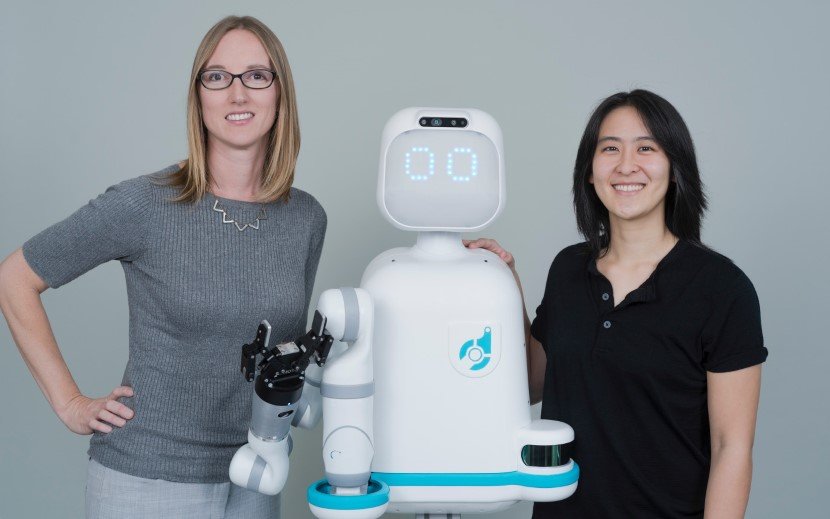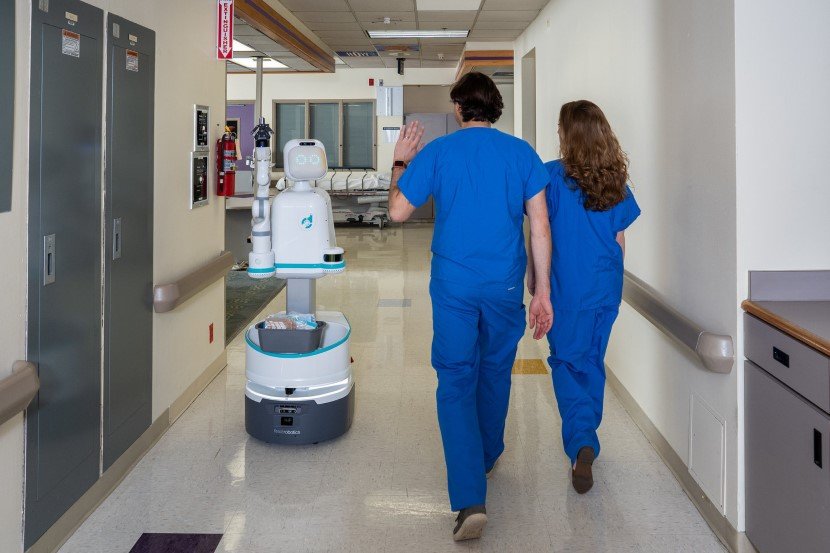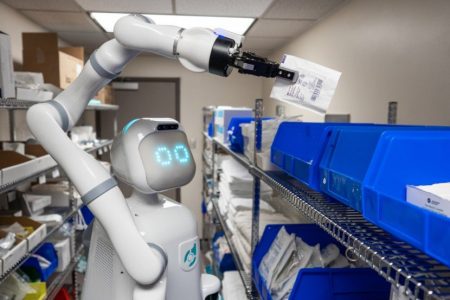Imagine if there was a humanoid robot that performed all your chores and did all your household tasks for you? That sounds fairly luxurious, but it might just happen in the near future. Scientists are working hard to make peoples’ jobs easier. Why spend half of your day doing basic mundane tasks, when you can give your 100% to others, more attention requiring work?
All healthcare workers work a lot but nurses surely do have it harder as they have to do a lot of side chores including changing soiled bed sheets, curtains etc and organizing medication trays. Tasks like these come with mis-distribution of time of the nurses; they spend more time doing such tasks even when these don’t require much skill – this results in patients not getting enough attention from the nurses. A study published on NCBI stated that nurses spent only 37% of the time with their patients, which ideally should be a lot more than that. Inspired by these factors and another study that said nurses were practically ‘hospital gofers’, Andrea Thomaz, a social robotics’ PhD from MIT, thought of building a humanoid robot for doing basic hospital tasks. She partnered up with Vivian Chu, a University of Pennsylvania MS graduate who studied touch sensation in robots. The two applied for the National Science Foundation grant and won a $750,000 six-month funding to build a prototype of a hospital humanoid robot.


Hiring some more people, the two formed a company named Diligent Robotics, and started working on the humanoid robot, “Moxi”. Moxi is a helper robot, almost as tall as a normal human with an adjustable height, and looks like a robot from an 80s movie. The bot can be given commands to prompt it to carry out tasks. There is also a sound recognition system installed, to make communication easier. Moxi has a flexible arm, gripper hand and a basket to carry stuff. It is lightweight and can easily understand and navigate through hospitals’ hallways.
Diligent Robotics spent more than 3 years on Moxi. They built it after interacting with thousands of hospital nurses and multiple hospitals to understand their needs and requirements so they can get maximum benefits from Moxi. “Our mission with Moxi has always been focused on relieving tasks from nurses, giving them more time to focus on patients, and today that mission has a newfound meaning and purpose. Time and again, we hear from our hospital partners that Moxi not only returns time back to their day but also brings a smile to their face”, said Thomaz, who is both the CEO and Co-founder of Diligent Robotics.
Moxi – The Humanoid Robot and COVID-19
As COVID-19, the fairly contagious disease, keeps spreading as a pandemic people come to the realization of the importance of technology, and they discuss how technology can be beneficial in fighting such diseases. Incorporation of automated robots can really be beneficial in terms of working in isolation wards, because robots can’t be infected.
Read how China used drones in its fight against the coronavirus here.
Diligent Robotics has already sent a fleet of its robots to multiple hospitals so they can take the most benefit from these bots, in this time of emergency.
Images: © Diligent Robotics


